June 20, 2025 | 03:40 GMT +7
June 20, 2025 | 03:40 GMT +7
Hotline: 0913.378.918
June 20, 2025 | 03:40 GMT +7
Hotline: 0913.378.918
The agricultural extension network has transferred rice seed production technology. From being completely dependent on foreign varieties, Vietnam has been able to take the initiative in part of its varieties through a key agricultural extension program to produce F1 hybrid seeds, commercial hybrid rice, and quality rice.
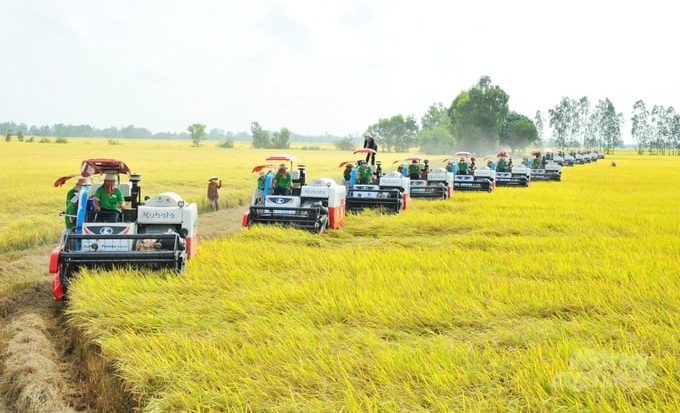
Vietnam Agricultural Extension has significantly contributed to the achievements of our country's rice industry. Photo: Le Hoang Vu.
After a 30-year journey, the hybrid rice program has created a historical milestone and turning point for rice production and food production. The vigorous development of hybrid rice technology has contributed to bringing Vietnam's rice-growing technology to the world's high level, improving farmers' income and rice farming efficiency.
In 1989, Vietnam exported rice for the first time. Vietnamese rice has been present in more than 150 countries and territories, becoming one of the world's three largest rice-exporting countries.
On corn, the agricultural extension system has worked closely with the Corn Research Institute to successfully build models for producing F1 hybrid corn varieties.
Besides, agricultural extension also dramatically contributes to transforming the structure of crops and crops. Models for converting ineffective rice production areas to develop vegetables, crops, flowers, and fruit trees; combining rice - fish, shrimp - rice in lowland areas in the Red River Delta and Mekong Delta (Mekong Delta); growing corn and beans on 1-crop land (spring fallow land) in the northern mountainous provinces; Converting ineffective rice land to growing corn, beans, and grass in the Central provinces has created many outstanding marks.
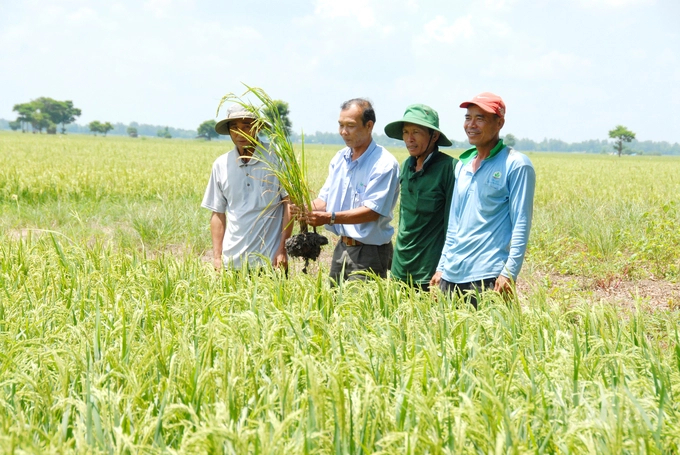
Technical advances in rice cultivation have been transferred to farmers by agricultural extension forces to spread to production quickly. Photo: Le Hoang Vu.
In addition, in 2011, the Ministry of Agriculture and Rural Development launched the construction of a "big field" model in the Mekong Delta provinces. The agricultural extension system guided farmers to apply intensive farming techniques to increase productivity and reduce costs such as "3 reductions, 3 increases", "1 right, 5 reductions", SRI and rice cultivation reduce greenhouse gas emissions...
In the field of animal husbandry, through the transfer of science and technology along with the construction of pilot models of advanced animal husbandry, according to VietGAHP, biosafety, organic, circular..., the entire agricultural extension system The country has been creating motivation to promote modern and sustainable livestock farming in many localities throughout the country.
Regarding cows, from the results of the project "Agricultural Extension and Improvement of Vietnamese Cattle Herds," provincial agricultural extension centers have successfully implemented the Zebu program to improve cattle herds in 27 provinces and cities. The program has rapidly increased cow herd size from 3.2 million cows (in 1990) to nearly 6.4 million cows today...
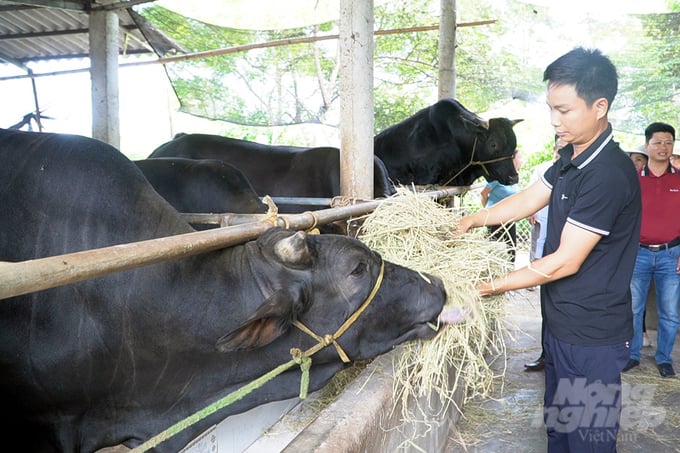
In livestock farming, the cow herd improvement program is one of the critical milestones of Vietnam Agricultural Extension.
In the pig herd, the pig herd lean program has contributed to improving the poor rate from 30 - 36% in domestic breeds to 50 - 62% in foreign and crossbred pig breeds.
The implementation of poultry farming models applying synchronous solutions from breeds, feed, care and feeding techniques, biosecurity, and disease safety has been making an essential contribution to Control and repelling dangerous infectious diseases in poultry and improving economic efficiency for farmers and livestock farms throughout the country.
In the field of fishery extension, from 2010 until now, fishery extension work has focused on implementing the task of restructuring the agricultural sector and increasing added value sustainably. Especially since Vietnam joined the WTO, the seafood industry has many opportunities to export to the world market. Fishery extension has invested in building aquaculture models that meet export standards according to VietGAP, GlobalGAP, and ASC processes.
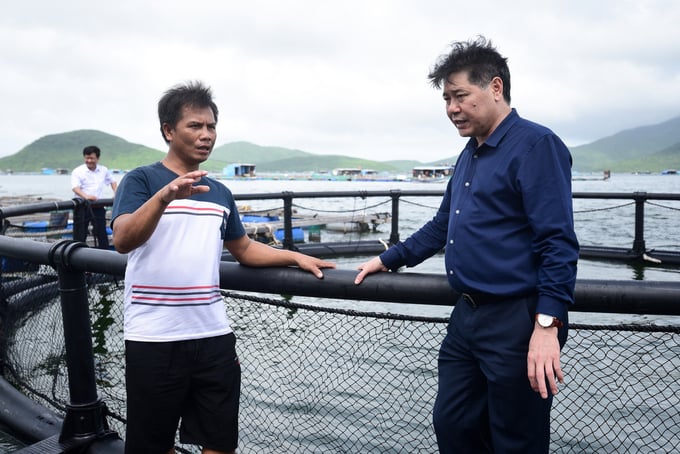
Mr. Le Quoc Thanh (right), Director of the Vietnam Agricultural Extension, surveys the marine farming model using HDPE cages supported by the central agricultural extension project. Photo: Kim So.
On March 25, 2022, the Minister of Agriculture and Rural Development issued Decision No. 1094/QD-BNN-KN approving the Project "Improving the efficiency of agricultural extension work based on perfecting the agricultural extension team model community".
The project implements the establishment of 26 pilot community agricultural extension groups in 13 provinces in 5 raw material areas including Northern mountainous fruit raw material areas (Hoa Binh, Son La); certified planted wood material areas in the Central Coast (Quang Tri, Thua Thien - Hue); Central Highlands coffee raw material areas (Gia Lai, Dak Lak, Dak Nong, Kon Tum); Long Xuyen Quadrangle rice raw material area (Kien Giang, An Giang); Dong Thap Muoi fruit tree material area (Dong Thap, Tien Giang, Long An).
After nearly two years of implementation, the results have exceeded the project's scope, significantly impacting the organization of the Vietnam Agricultural Extension system and meeting the practical needs of each locality, businesses, and farmers.
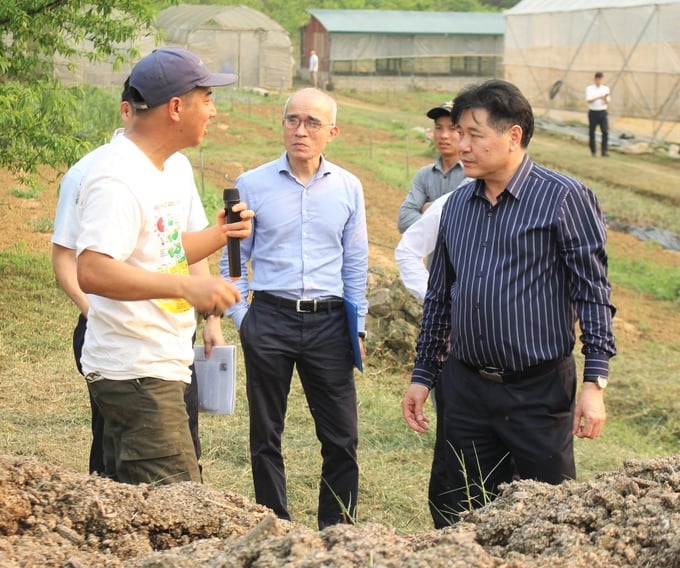
Vietnam Agricultural Extension has effectively implemented many international cooperation projects, making an important contribution to bringing sustainable livelihoods to farmers. Photo: Trung Quan.
In recent years, the Vietnam Agricultural Extension has made the most of external resources through many international cooperation activities. Since then, it has contributed to the international integration process.
It can be mentioned that, in 2016 - 2020, the National KNNG Center was assigned by the Ministry of Agriculture and Rural Development to be the investor of 2 aid projects for the Lao Government (using non-refundable aid capital from the Vietnamese Government to the Lao Government); Leading the implementation of ODA projects funded by the Japanese Government through JICA with a budget of US$ 3 million to be implemented from 2022 - 2026.
In addition, the center hosts many international cooperation projects with international organizations such as FAO, UNDP, Pepsico, GCP... Especially in 2022, the Vietnam Agricultural Extension coordinates with the International Rice Research Institute ( IRRI) and the German Agricultural Society (DLG) to successfully organize the Agritech Nica Asia Live 2022 event in Can Tho City. This is a crucial international event bearing the mark of the Agriculture and Rural Development industry to promote sustainable agricultural cultivation by applying advanced and modern technology solutions.
Translated by Tuan Huy

(VAN) Biodiversity is being threatened by traditional remedies made from wildlife. Traditional medicine and humans must change to live in harmony with nature.

(VAN) Agrifood investment and finance solutions for people and the planet.

(VAN) Microplastic contamination has become pervasive in seafood, posing unprecedented challenges for food safety and marine ecosystems.
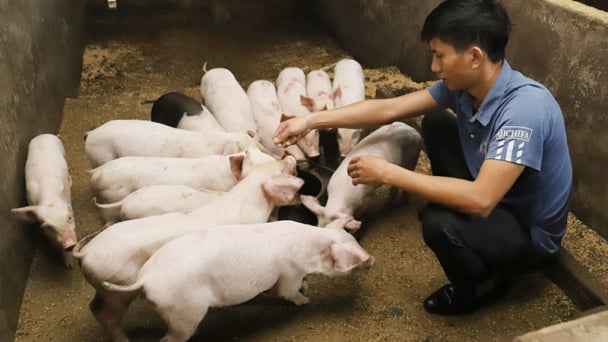
(VAN) Proactively using vaccines, combined with transport control and enhanced surveillance, is the only viable path toward biosecure and sustainable livestock production in Vietnam.
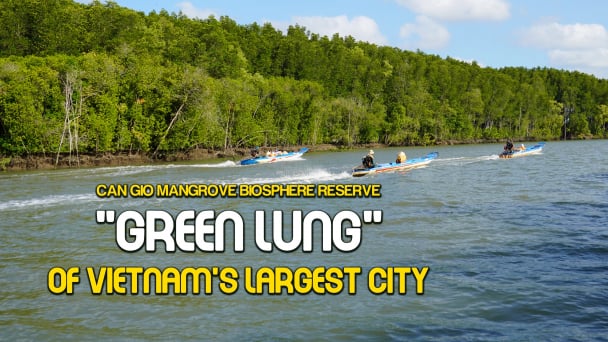
(VAN) Located in the southeast of Ho Chi Minh City, the Can Gio Mangrove Biosphere Reserve is considered the ‘green lung,’ a solid shield protecting the city.

(VAN) To address plastic pollution, closing the plastic recycling cycle will bring significant economic and environmental benefits.

(VAN) According to the Binh Thuan Department of Industry and Trade, in the first five months of 2025, Binh Thuan's dragon fruit export turnover increased by 20.65% compared to the same period last year.